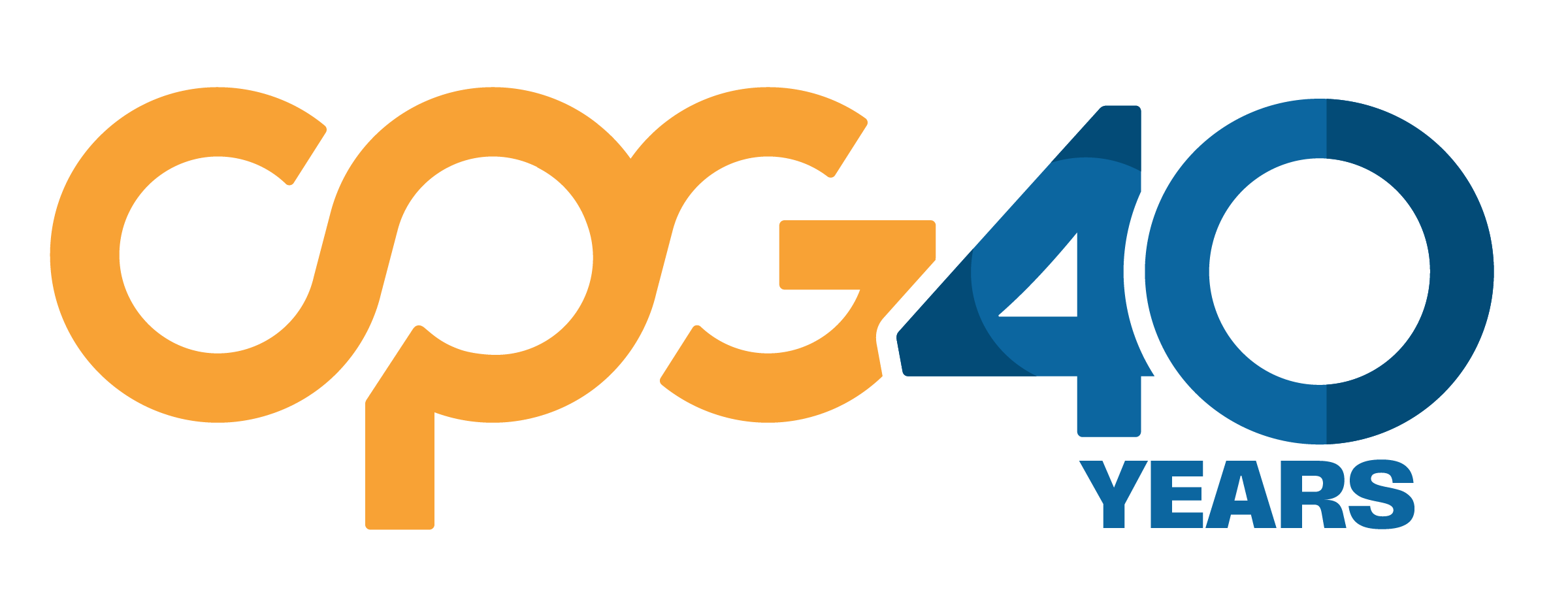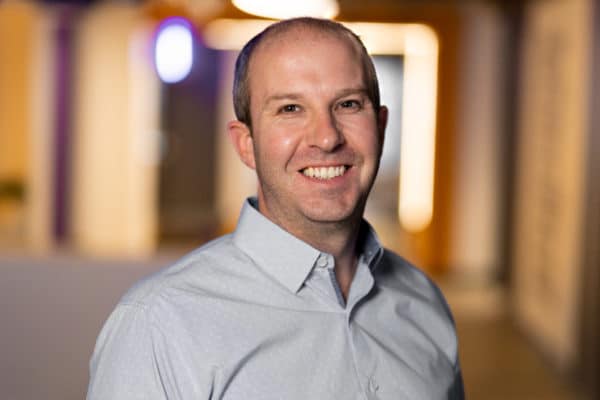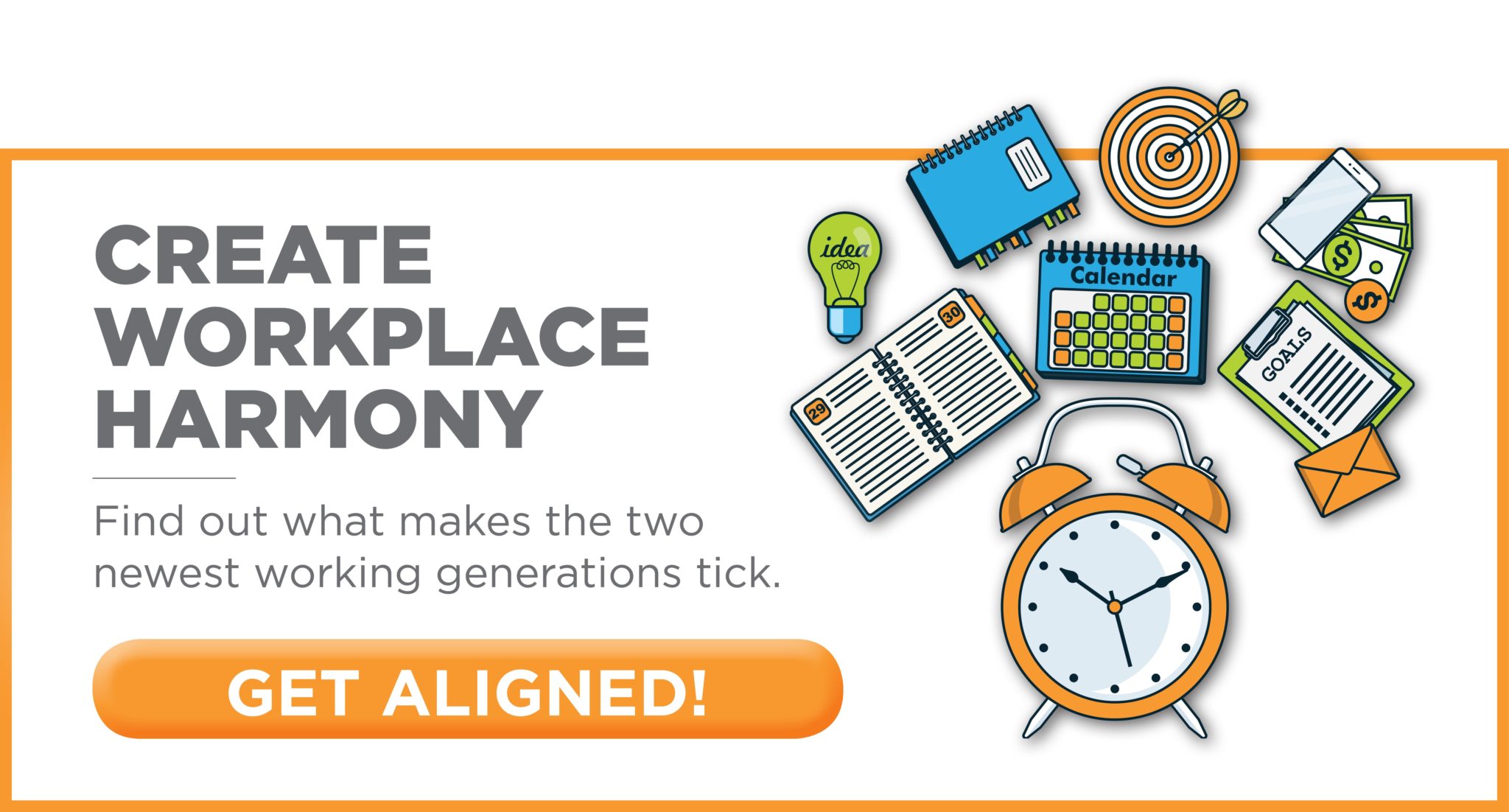Download Our eBook: 8 Fundamentals of an Internal Communications Strategy
If your people are sending out the “whatever” vibes, it’s time to get back to the basics. Make sure your internal communication strategy is following 8 fundamentals to cultivate an engaged workforce aligned with your company’s success.
Business Leaders: Beware Millennial Fatigue!
A day doesn’t go by without something popping up in the media about Millennials. It’s arguably the most discussed generation in history. So much so, that I’m noticing a lot of Millennial-fatigue out there. People are tired of not just talking about Millennials, but hearing about them.
Most Millennials don’t even like it! A recent study by Pew found that only 40% of Millennials identified with the name. I think this is a result of so much negative connotation around Millennial chatter that now they want to distance themselves from the name.
This is not good and definitely concerns me.
The Millennials have barely made it out of their first career stage and people are already over them? First of all, we owe it to them to recognize that they aren’t even the ones talking about themselves – the rest of us are.
Secondly, many of the things we accuse them of aren’t exactly their fault. Take the famous participation award. We can all roll our eyes at Millennials for taking pride in a 9th place trophy, but let’s remember they weren’t the ones giving them out – their Boomer parents were. I have always found it ironic that many of the people who complain about Millennials are the same ones who raised them.

They may have entered the workforce with too big of a dose of self-esteem. They may even have unrealistic expectations about where they should be on the corporate ladder. But again, many of these “voices” in their heads didn’t just pop out of nowhere. Millennials were built up to believe they could do it all. So maybe it didn’t or hasn’t happened overnight, but who can say that they still can’t achieve it all? One thing is for sure: it will only happen if the rest of us still believe in and invest in Millennials.
Millennials are the largest part of our workforce. We need to understand them now more than ever. They will be taking on such pivotal roles in companies and are about to enter one of the most important steps of a career. It’s a step that will impact everyone and their organizations. The role of boss. Yes, that’s right… Millennials are old enough to be managers and bosses.
Which brings me to another reason why Millennial-fatigue concerns me. If everyone is sick and tired of dealing with Millennials – we can only imagine how they will feel when I share that we now have a new generation entering the workplace.
Introducing Gen Z.
Born 1995-2012, at 72.8 million strong, the leading edge graduates this spring and is heading to a workplace near you soon. Too many will just assume because they are young, that they are similar to the Millennials. Wrong. Too many will assume that they can treat Gen Z like the Millennials. Wrong again.
In fact, if we treat Gen Z like the Millennials, it will backfire – big time. It happened in generational history once before. When Gen X showed up, everyone was so focused on the Baby Boomers that they just assumed Gen X would act the same way. Leaders and organizations tried to treat Xers like the Boomers, and it was one of the most costly mistakes made. From recruiting to retaining to sales and marketing – efforts fell flat with Gen X. Why? Because Gen X was its own unique generation.
Gen Z is its own unique generation. Their events and conditions are not like the Millennials so we shouldn’t be surprised that their generational traits are also different.
After conducting 3 national studies on Gen Z, I’m concerned that there are big differences between them and Millennials that no one is paying attention to. For example, one overriding discovery is how independent and competitive Gen Z is. Compare that to Millennials who’ve always been extremely collaborative and team focused. KABOOM! – big collisions are on the horizon.
While in no way am I suggesting that Gen Z is better, I will comment that those that have taken the time to get to know them are excited. It seems that the recent recession, as well as the Gen X parents that put the participation award to rest have created a generation that is willing to roll up its sleeves. In fact, in our national survey, 76% said they are willing to start at the bottom and work their way up. Many accused Millennials for coming across as though the job was lucky to have them – well Gen Z will feel lucky to have the job.
However, this can-do attitude of Gen Z can only be harnessed if we are ready. As I mentioned, Millennials will likely be the front line managers. We have to train Millennials on how to manage this next generation while continuing to understand what makes them tick as well.
This is why we can’t let Millennial-fatigue set in.They haven’t even showed up and we’re already tired of the conversation? This could deal a critical blow to your organization. Aside from it hurting Millennial managers and ultimately your organization’s legacy, it also isn’t fair to Gen Z.
To that end, every business must navigate these generational collisions to ensure they cultivate a productive, engaging workforce that not only attracts top talent but retains it.



